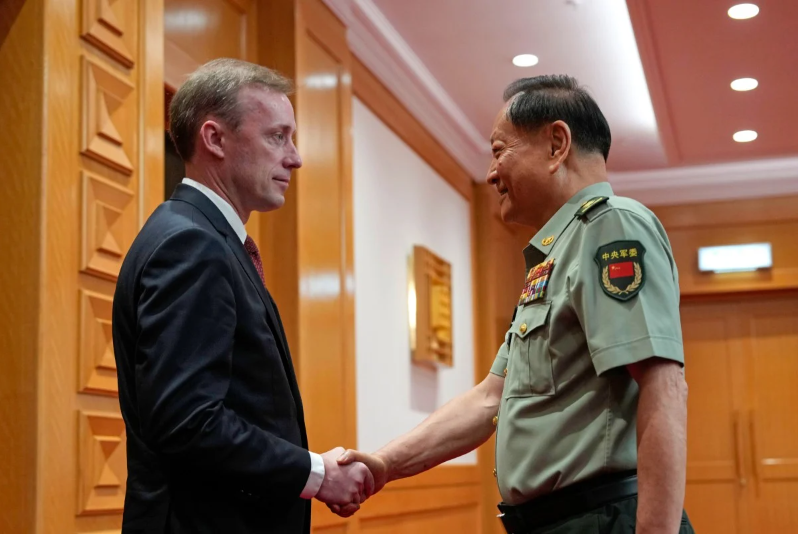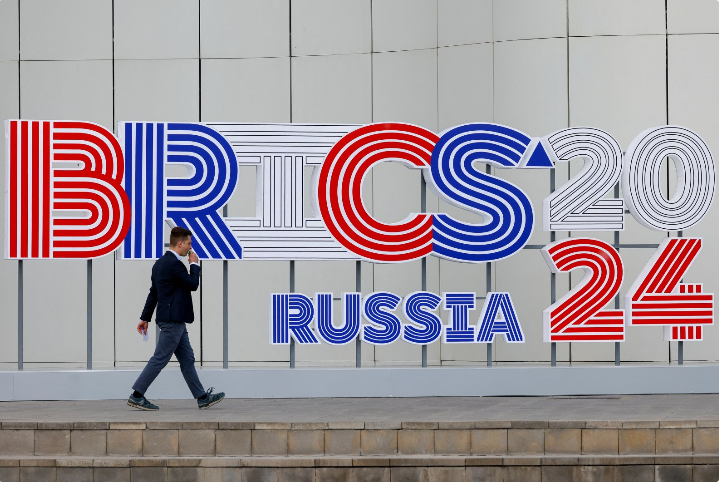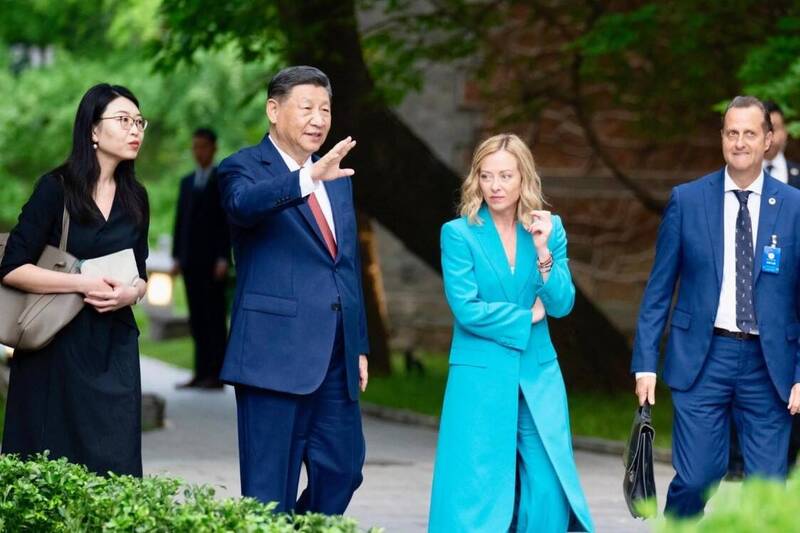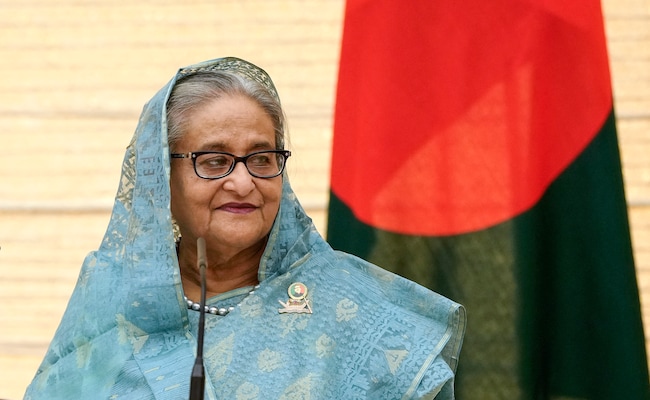
Sebastian Contin Trillo-Figueroa, Geopolitics Analyst in EU-Asia Relations and AsiaGlobal Fellow, The University of Hong Kong
Sep 27, 2024
The Philippines sits at the crossroads of the Pacific and Southeast Asia, navigating its historical ties to the U.S. and proximity to China with extreme care and diplomatic acumen. As China seeks to grow its power this decade, the Philippines will surely play a major role in how things unfold.
Philip Cunningham, Independent Scholar
Sep 21, 2024
As U.S.-China relations face mounting tension and uncertainty, reflecting on the early days of cultural exchange in the 1980s reveals a simpler time of optimism, goodwill, and mutual curiosity. While today's challenges are formidable, the shared experiences of those who helped build these ties offer a reminder that, even in times of difficulty, there remains potential for collaboration and understanding.

Zhao Minghao, Professor, Institute of International Studies at Fudan University, and China Forum Expert
Sep 13, 2024
The recent visit to Beijing by Jake Sullivan, the U.S. national security adviser, revealed some new trends in the development of relations. Both sides wish to preserve stability against the backdrop of U.S. presidential elections and — to use a significant phrase — move forward.
Zhang Wenzong, Associate Research Fellow, CICIR
Sep 11, 2024
In the run-up to the 2024 election, we can see how domestic politics bring changes to U.S. foreign policy. Interest groups in crucial swing states will play an outsize role in U.S. policy formulation, and their influence will extend beyond their actual voting power.
Fu Suixin, Assistant Researcher at Institute of American Studies, Chinese Academy of Social Sciences
Sep 11, 2024
If Vice President Kamala Harris is elected president in November, she will confront a range of severe challenges, including extremism, a Congress likely to be controlled by Republicans, a debt-ridden government, the decline of U.S. power and ongoing international conflicts. Change won’t come easy.
Arvind Subramanian, Visiting lecturer at Harvard’s Kennedy School of Government
Sep 06, 2024
China’s trading partners are once again fretting about the country’s supposedly unfair economic practices. This time, the focus is on China’s alleged attempt to export its excess capacity, especially in emerging sectors such as electric vehicles (EVs), and to undermine domestic industries in the United States and Europe.
Joseph S. Nye, Professor, Harvard University
Sep 06, 2024
As the US presidential election draws near, many are wondering what it will mean for American foreign policy. The answer is wrapped in uncertainty.

Wang Youming, Senior Research Fellow of BRICS Economic Think Tank, Tsinghua University
Sep 06, 2024
The main object is to forge a BRICS bloc that is both big and strong — one that can push for rebalancing global governance and bring about a fairer, more just and reasonable new international order.

Sebastian Contin Trillo-Figueroa, Geopolitics Analyst in EU-Asia Relations and AsiaGlobal Fellow, The University of Hong Kong
Aug 30, 2024
The Italian Prime Minister’s visit to China offers key insights into the state of Sino-European relations, the evolution of de-risking strategies, and China’s response to this challenge.

Ananth Krishnan, Director at The Hindu Group, and AsiaGlobal Fellow at University of Hong Kong
Aug 30, 2024
The political turmoil in Bangladesh offers governance lessons for the Global South and serves as a cautionary tale for developing nations pursuing reforms. And as key partners like India, China, and the U.S. re-engage with Dhaka, they should consider broadening their relationships beyond the ruling party.
Back to Top

- China-US Focus builds trust and understanding between the U.S. and China through open dialogue among thought leaders.
- Our Offerings
- Topics
- Videos
- Podcasts
- Columnists
- Research Reports
- Focus Digest
- Stay Connected
-
Thanks for signing up!
- Get the latest stories from China-US Focus weekly.